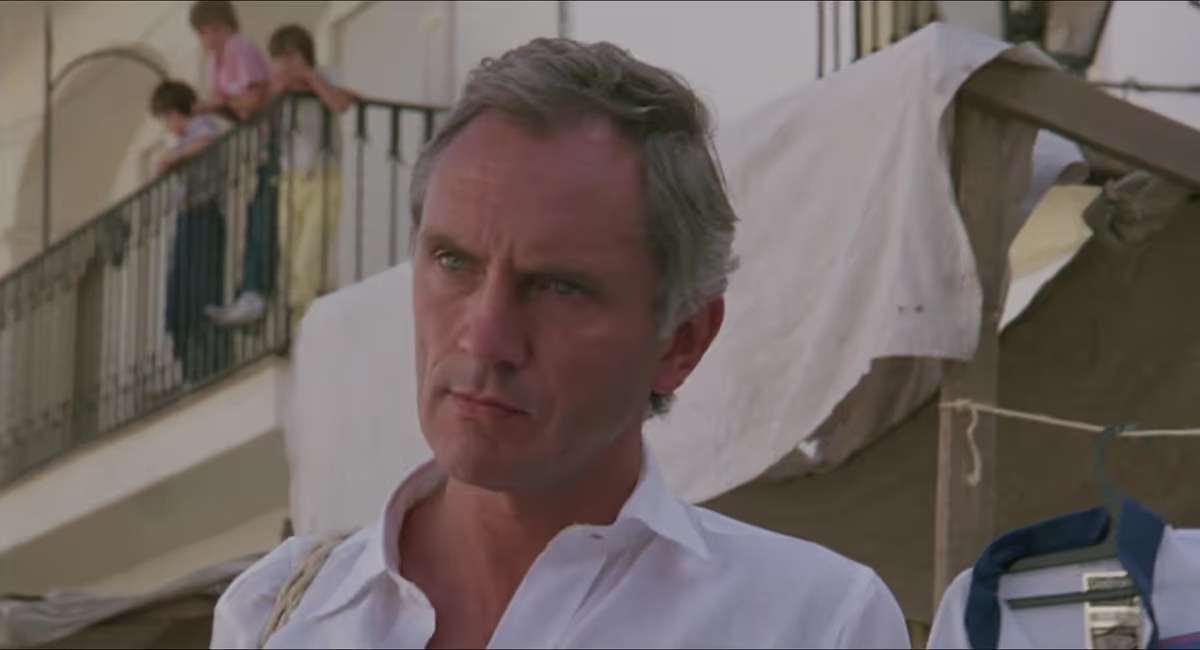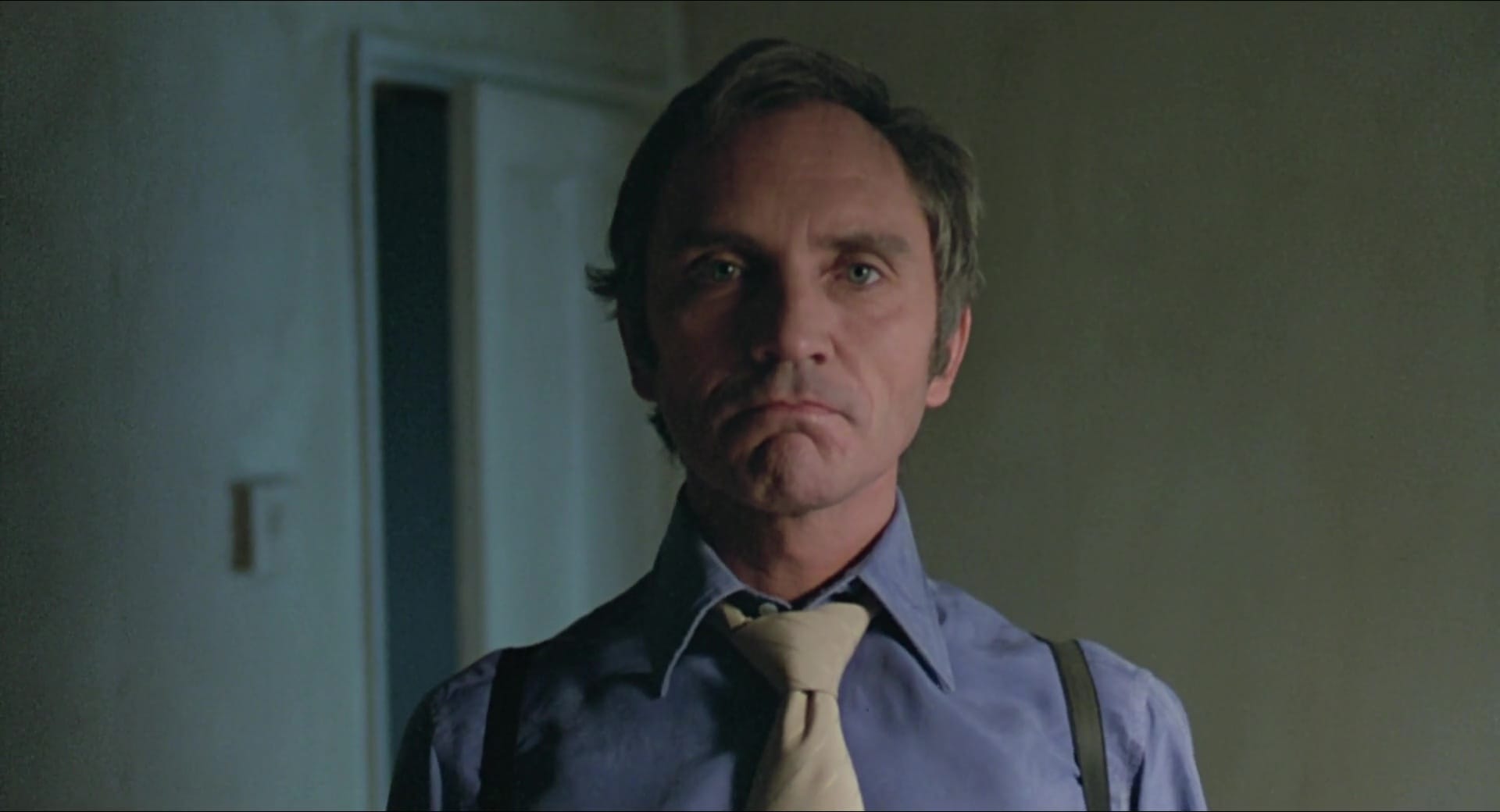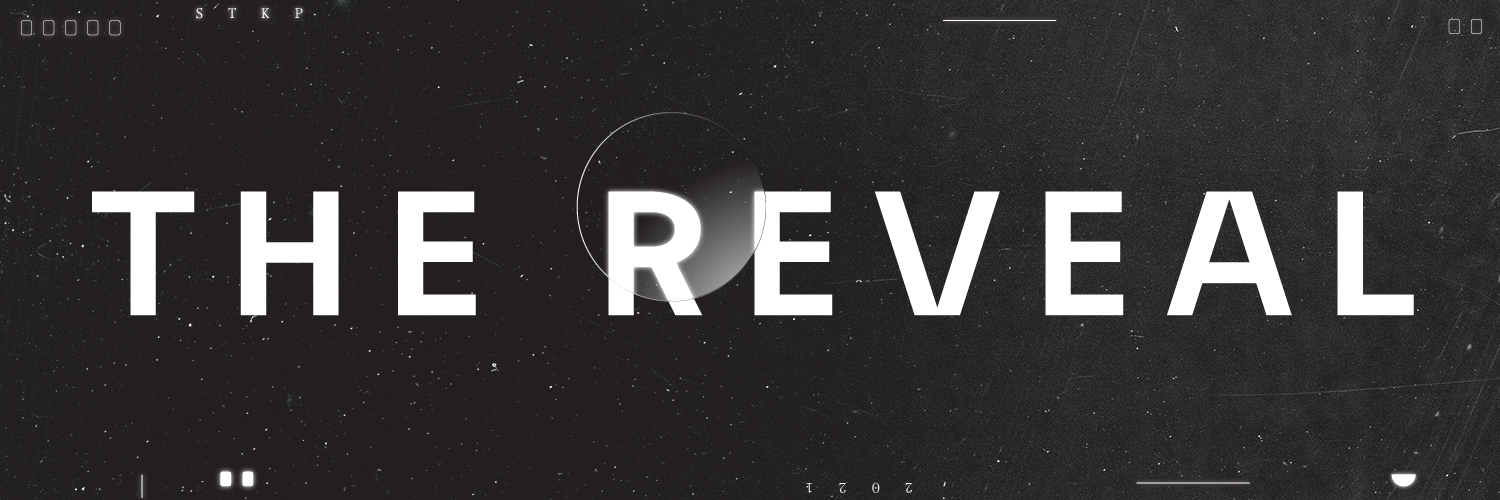Death Becomes Him: Terence Stamp in 'The Hit'
Terence Stamp died last weekend. As an informant marked for death in 'The Hit,' he offered some startling perspective on it.

“Death is just a stage in the journey. We’re all going to get there. No exceptions. Me and you and… it’s just a moment. We’re here. Then we’re not here. We’re somewhere else. Maybe. And it’s as natural as breathing. Why should we be scared?” — Willie Parker, The Hit
It takes enormous confidence to be a movie star. Many of us tremble like a leaf at the very idea of stepping out onto a stage and submitting ourselves to public scrutiny, much less doing it as a vocation. And even those who do perform and make a living at it can carry anxieties that are plainly legible to us as viewers, and often baked into who they are as an actor. (R.I.P. Philip Seymour Hoffman.) Movie stars are like aliens, beautiful and singular beings who only resemble the rest of humanity enough to represent them plausibly on screen. But still, there are levels of preternatural charisma and magnetism, a serene self-assurance that puts certain stars in a strata all their own. Mick Jagger is one of the greatest icons in rock history. But he’s not Alain Delon.
Terence Stamp was a movie star of that caliber, even if his fame internationally would never quite eclipse that of aliens like Delon or Paul Newman or Tony Leung or Denzel Washington or whoever else might belong in this conversation. When he died over the weekend at age 87, he was remembered as an actor who ascended along with the wave of British cinema in the ‘60s, appearing in films by up-and-coming directors like John Schlesinger (Far from the Madding Crowd) and Ken Loach (Poor Cow), as well as auteurs like Pier Paolo Pasolini (Teorema) and Federico Fellini (“Toby Dammit” in Spirits of the Dead). More popularly, Stamp stood out as the menacing General Zod in Superman and Superman II, a trans woman in Priscilla, Queen of the Desert, and a vengeful father in one of Steven Soderbergh’s best films, The Limey. He was the rare star who combined the versatility of a character actor with an easy, commanding, all-eyes-on-me presence.

With that in mind, there’s no better Stamp film to watch right now than Stephen Frears’ 1984 gem The Hit, a wonderfully idiosyncratic road movie that’s chiefly about a man coming to terms with his own death. Strike that: It’s about a man who has already come to terms with his own death, which completely flummoxes the professional killers who have arrived to do the job. Who doesn’t fear death? How could a person be so sanguine in the face of it, especially when it’s totally unnatural—and, perhaps, escapable? What kind of man is that fucking cool? The answer will be immediately obvious to cinephiles and quickly apparent to anyone else: He’s played by Terence Stamp.
Much like Delon’s inscrutable hitman in Jean-Pierre Melville’s Le Samouraï, Stamp’s Willie Parker is immediately established as the eye of the storm, introduced lounging shirtless in bed as other men scramble frantically around him. It’s the morning that Willie is scheduled to give testimony that will put several of his gangster cohorts away and there’s a heightened concern that he’ll be assassinated on the way to the witness. That doesn’t happen, but in perhaps the film’s most famous scene, Willie is serenaded by a roomful of goons who sing Vera Lynn’s “We’ll Meet Again,” adding menace to a song originally intended to rally the servicemen heading off to World War II. The message is clear: “Some sunny day” in the future, he’ll get what’s coming to him.
This post is for paying members only
Sign up now to read the post and get access to the full library of posts for subscribers only.
✦ Sign up